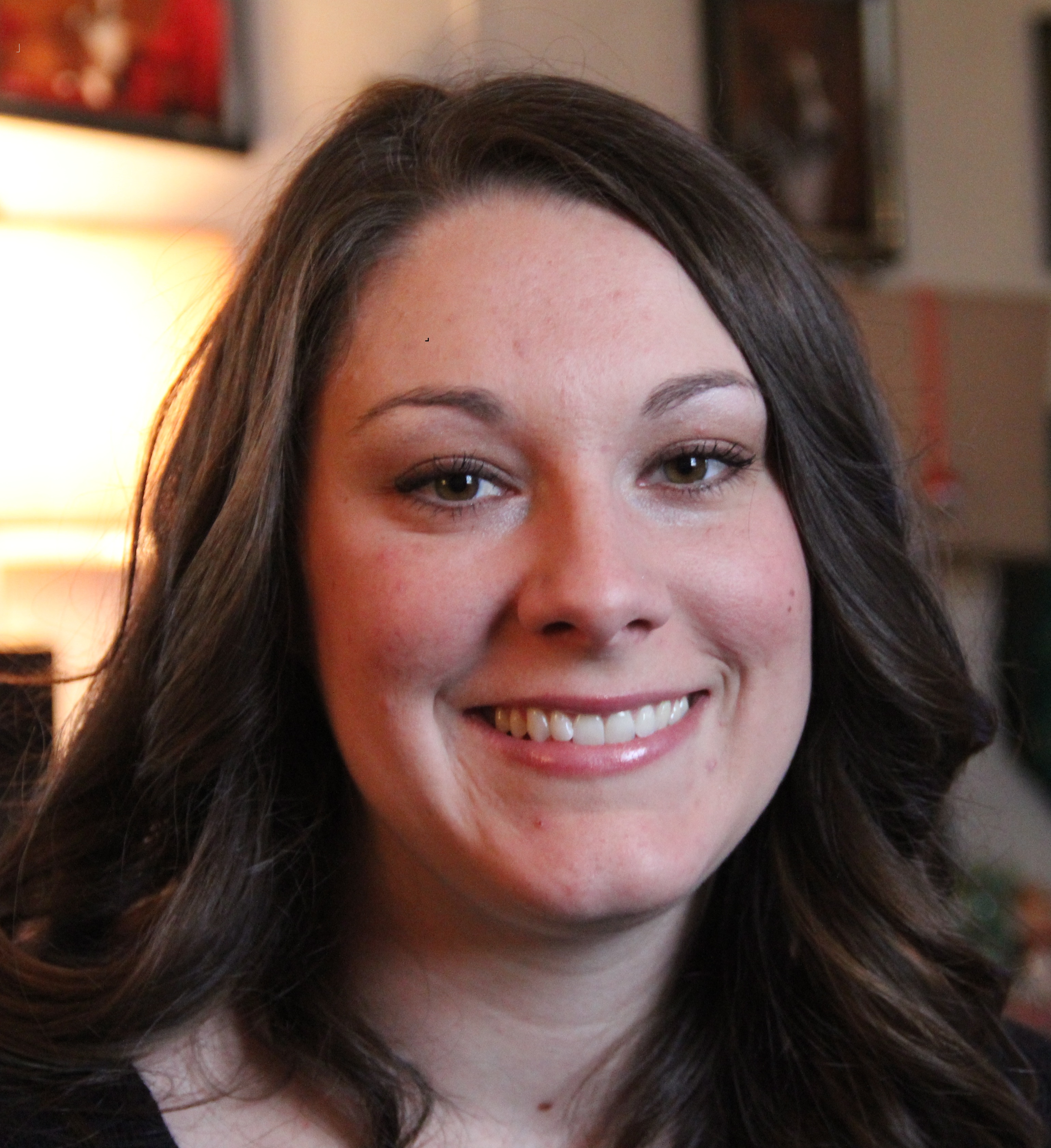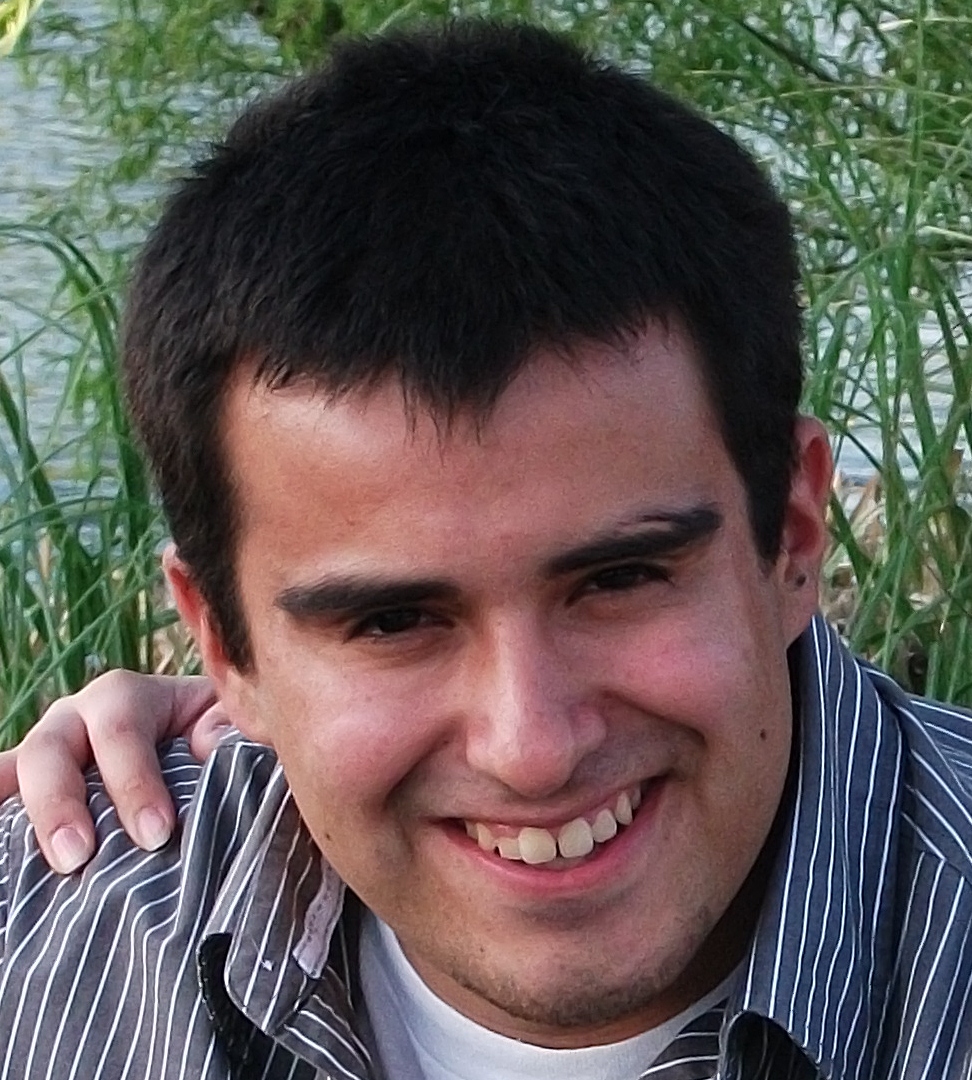PI
Venu Cheriyath, Ph.D. M.Sc.
Assistant Professor
NIH Biosketch
Faculty Bio:
Dr. Cheriyath received his Ph.D. and M.Sc. from the Indian Agricultural Research Institute, New Delhi, India. He then pursued a postdoctoral Fellowship in cell signaling and eukaryotic transcription at the Tufts University School of Medicine, Boston, MA. For a brief period he was a scientist at Athersys Inc., a biotechnology company in Cleveland, OH, where he gained experience in functional genomics. He then joined at the Taussig Cancer Institute, Cleveland Clinic, Cleveland, OH as a project scientist, where he discovered the antiapoptotic activity of G1P3, one of the first identified interferon stimulated genes, whose functions were previously unknown.
Biosketch:
Active Members
 |
Casey Murphy E-Mail:cworley@leomail.tamuc.edu Project Description:Megan Miller and I are studying the effects of PMA on MCF-7 breast cancer cells. So far we have found that PMA causes histone methylation in the MCF-7 cells, but in decreasing amounts as time progresses. Our trials include testing at 24, 48, and 72 hours and checking for the histone methylation. It is unknown why this decreasing methylation occurs at this time, but we hope to find the reason. Outside Interests:I attend Faith Bible Church in Caddo Mills, TX. My husband and I are very involved in many ministry areas. I am expecting my first child in August 2012 and we are so excited for this new journey in life. My new hobby will be "mommy" once my little guy arrives. |
 |
Megan Miller E-Mail: Project Description: Outside Interests: |
 |
Sarah Pope E-Mail:sdegarso1@leomail.tamuc.edu Project Description:Primary- Investigating how Interferon Regulated Gene G1P3 interacts with the cytoskeleton. This is important because we know that G1P3 is effecting apoptosis but we do not know how. At this moment we are doing flourescent staining to see if there is a difference in F-actin behavior between cell lines in which G1P3 is not up regulated verses cell lines in which G1P3 is up regulated. We are determining this by taking pictures with a software. In the future, we may also use a flow cytometer to quatify the intensity of the flourescence. Secondary- GRIP is a technology Dr. Cheriyath perfected before coming to the university. It is the use of a viral agent to randomly turn on genes. After determinig how much viral agent we have made we can submit the infected cells to various conditions to test the function of the genes that were turned on. We plan on using this to determine what gene or genes makes a estrogen dependent breast cancer turn into estrogen independent cancer. Outside Interests:I am involved in a local church. I also like to read and I have a pet bird. :) |
 |
Danyelle Butts E-Mail:dbutts@leomail.tamuc.edu Project Description:Partner Sarah Pope and I are Investigating how interferon G1P3 interacts with the Cytoskeleton by using Rhodamine Phallodin staining. Secondary- GRIP is a new technolgy,that we are aslo using to randomly turn on genes. After determinig how much viral agent we have made we can submit the infected cells to various conditions to test the function of the genes that were turned on. We plan on using this to determine what gene or genes makes a estrogen dependent breast cancer turn into estrogen independent cancer. Outside Interests:I enjoy watching classic movies and musicals, I aslo enjoying going to football games, roller skating, and going to the beach. Playing my flute and spending quality time with family and friends are also favorite past times. |
 |
Chris Galusha E-Mail:cgalusha@leomail.tamuc.edu Project Description:We are studying the effects that a specific class of phytoestrogens, known as isoflavones, that are contained in soybeans have on MCF-7 breast cancer cells. Current research has had mixed results and usually focuses on only one or two of the isflavones found in soybeans. Our study is going to focus first on isflavones as a group and if we see that the isoflavones in a variety of soybeans that we are testing has a significant effect on the growth of breast cancer cells then we will analyze the isoflavone composition of that soybean variety. Outside Interests: I own and run a small farm with my sister and I am on the board of directors for a large art foundation that represents artists from North Central and Northeast Texas. |
 |
Rudy Castillo E-Mail: Project Description:Studying the various effects of type 1 interferon and TNF-related apoptosis-inducing ligand (TRAIL) on pancreatic cancer using the BxPC-3 cell line. Current studies include the viability and colony morphology of BxPC-3 cells when treated with type 1 interferon and TRAIL at various concentrations. Goals include identifying the concentration of type 1 interferon and TRAIL needed to reduce the survivability of this cell line in vitro and determine if there is any change in colony morphology. Future goals include using other cancer cell lines to determine if type 1 interferon and TRAIL have the same effect. Outside Interests:Reading, Sports, Sci-fi movies, swimming, road trips |
